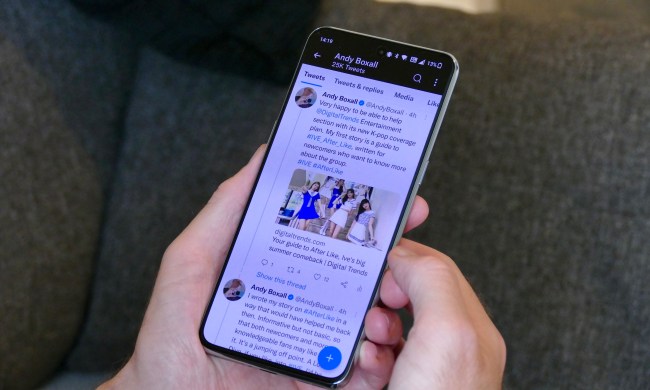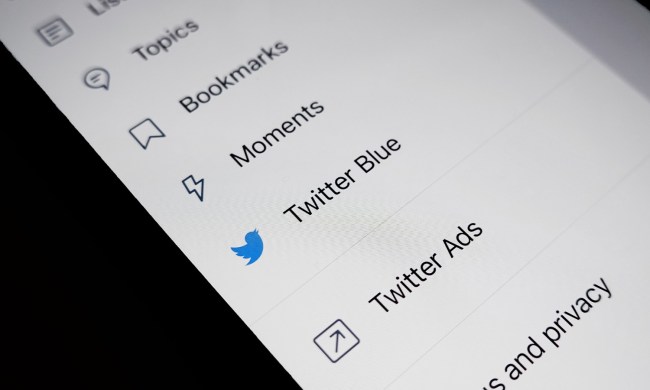Facebook is facing criticism all the way up to the U.S. Congress following the underhanded data gathering imbroglio that arose recently, but the two billion user platform isn’t the only network with ties to Cambridge Analytica. On Sunday, April 29, Twitter confirmed in a statement that the network gave access to public data to Aleksandr Kogan, the researcher behind Global Science Research, which made the Cambridge Analytica app.
While Twitter says that, unlike the Facebook “breach of trust,” Kogan only accessed public data this time, Twitter actually sold the data through the company’s licensing program.
“In 2015, GSR did have one-time API access to a random sample of public tweets from a five-month period from December 2014 to April 2015. Based on the recent reports, we conducted our own internal review and did not find any access to private data about people who use Twitter,” a Twitter representative told Bloomberg.
The statement comes after increased scrutiny over data practices and potential government regulation raised questions about Twitter’s data licensing services. Twitter’s public microblogs make the platform a major resource for data researchers. Using API tools, companies can more easily draw data from those public tweets.
For example, a recent MIT study used data dating back to the start of Twitter to examine fake news, and found that fake news spreads faster than the real thing, even when eliminating bots from the data. The tool can be used for academic research, aiding emergency alert services or analyzing consumer trends for business.
While accessing public tweets and gaining access to users’ friends data without permission are very different things, Twitter says GSR paid the network for the access through the company’s data licensing program. The network’s first quarter financials has data licensing revenue at $90 million, out of the company’s $665 million in total revenue in the first three months of 2018. Like Facebook, Twitter sells ads in order to turn a profit, but for the microblogging platform, data licensing is also a significant revenue source and has been for several years.
When asked during last week’s earnings call about the company’s data licensing, CEO Jack Dorsey said that the company still feels “really good about” the data licensing, which has sparked tools from emergency services programs to a flu tracker, he said. “We are different from our peers in that Twitter is public. We serve the public conversations, so all of our data is out in the public, out in the open,” he said. “And our data business just organizes that public data in real time to make it easier for brands, researchers, and organizations to utilize it.”
Over the weekend, Twitter also released a statement clarifying that the data licensing program doesn’t use Direct Messages, but only public tweets.
Twitter is public by its nature. Public Tweets are viewable and searchable by anyone. This is the power of Twitter.
— Twitter Comms (@TwitterComms) March 27, 2018
Facebook called Cambridge Analytica’s access to user data through a personality quiz a “breech of trust” but says that the company does not sell user data. GSR’s app “thisisyourdigitallife” sent the data of as many as 87 million Facebook users to Cambridge Analytica.
Twitter says Cambridge Analytica and affiliated companies such as GSR have been removed from the network’s advertising platform.



